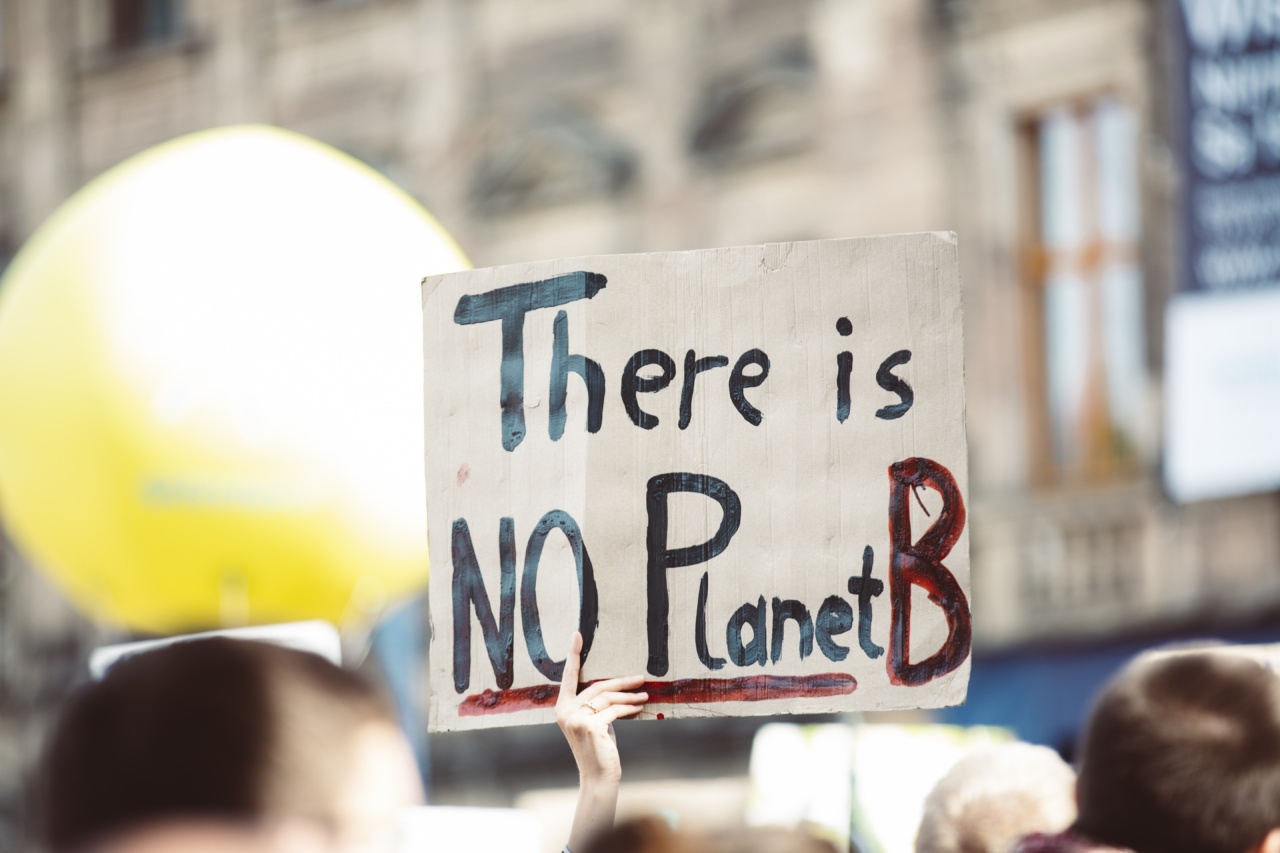Climate change is among the most pressing environmental issues of our time. Due to human activities such as deforestation, burning of fossil fuels, and emissions of greenhouse gases, the planet’s average temperature is rising at an alarming rate.
As a result, various impacts of climate change on our well-being have been observed over the years, and they only continue to worsen with time.
Increase in Extreme Weather Events
Scientists have observed an increase in the frequency and severity of extreme weather conditions such as hurricanes, floods, droughts, and wildfires across the world.
These weather events have significant negative impacts on people’s health, property, income and overall well-being.
During and after extreme weather events, people could be displaced, injured or even lose their lives. Those who survive could suffer from physical, emotional, and psychological trauma, especially children and the elderly.
Additionally, properties could be damaged or destroyed, resulting in financial losses, and disruptions to public services such as power supply, transport, and healthcare.
Soaring Temperatures and Health Risks
The world is experiencing steadily increasing temperatures due to global warming. While this may seem like a pleasant benefit to some, the adverse effects of high temperatures cannot be understated.
Heat waves cause negative impacts on human health by damaging organs, increasing dehydration risks, and aggravating respiratory problems such as asthma and bronchitis.
A 2020 study conducted in the United States shows that over 200,000 deaths could occur due to high temperatures by the end of the century, which would be equivalent to over two 9/11 disasters every year.
The elderly, children, and people with low-income, or existing health complications are most at risk. Moreover, high temperatures could also increase the risk of infectious diseases spread by insects and pests such as malaria and dengue fever.
Rising Sea Levels and Coastal Erosion
As a result of climate change, sea levels are rising, and coastal erosion is increasing rapidly. This brings negative impacts on public infrastructure such as road networks, housing developments, and port facilities.
Homes near coasts could suffer from flooding, land degradation, and increased salinity of groundwater.
People living in coastal regions may incur permanent damages to their properties and potential health risks through infectious diseases and poor air quality. As Saltwater seeps into freshwater aquifers, causing stresses on drinking water reserves.
People may experience increased respiratory diseases due to mold growth and inhaling aerosols produced by saltwater inundation, sandblasting, and debris during coastal erosion.
Food Security and Nutrition
Climate change has a massive impact on agricultural development and food security. Increases in temperature and irregular rainfall patterns have led to the reduction of crop yields and food production.
This would result in food shortages and inaccessible food prices, leading to malnutrition in low-income communities.
Many people will be at risk of losing their livelihoods, and small-scale subsistence farmers, in particular, may struggle to adapt to changing climatic conditions.
There may also be reduced access to food, both in terms of the availability of food and affordability, as seasonal weather patterns change and increased frequency of extreme weather events. All these factors will have an adverse effect on our nutrition, increasing the risks of malnutrition and other food-related health issues.
Water Scarcity and Quality
The changing climate patterns have contributed to water shortages, which affects over 40% of the world’s population. Climate change has led to frequent droughts, reduced water quality, and availability.
As a result of this, people may resort to using unsafe drinking water, which increases the risk of waterborne diseases such as diarrhea, cholera and hepatitis.
Water scarcity may also lead to social conflicts as people struggle for access to water resources, particularly in low-income areas.
In addition, changing weather conditions may affect the quality of freshwater resources, such as lakes and rivers, which is vital for human consumption and economic development. For example, the warming of freshwater sources could affect fish diversity, and the rise in water levels could displace habitats – all of which contribute to water scarcity, threatening human well-being and economic development.
Loss of Biodiversity and Ecosystem Functioning
Climate change has negative impacts on ecosystems and biodiversity. The rise in global temperatures leads to the extinction of many species and drives others to migrate to other regions, leading to a loss of biodiversity and ecosystem functioning.
This could have far-reaching consequences on human health and economic development, especially in regions that rely on biodiversity as the foundation for ecosystem services such as ecotourism and wildlife conservation.
Moreover, ecosystems that protect against natural disasters such as floods and landslides are deteriorating, increasing the risks of dangers by natural hazards.
Loss of biodiversity will also have a huge impact on food security, as many people rely on wild plants, fungi, and animals for their nutrition.
Conclusion
The consequences of climate change on our well-being are severe, varied and far-reaching. Action must be taken by governments, private organizations, and individuals to reduce greenhouse gas emissions and to adapt to the changing climate conditions.
We all have a role to play in protecting ourselves, our communities, and our planet’s future from the harmful effects of climate change.






























